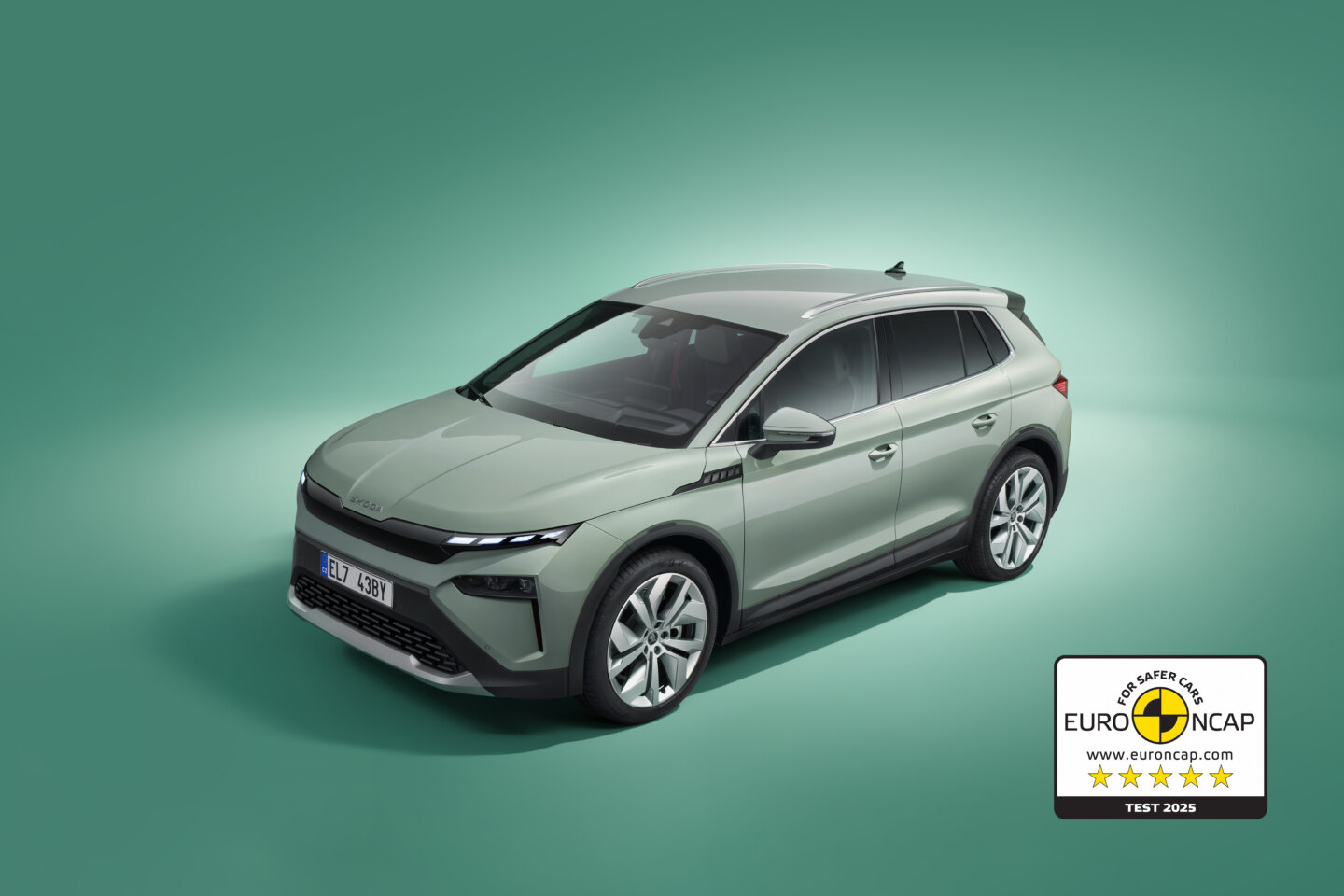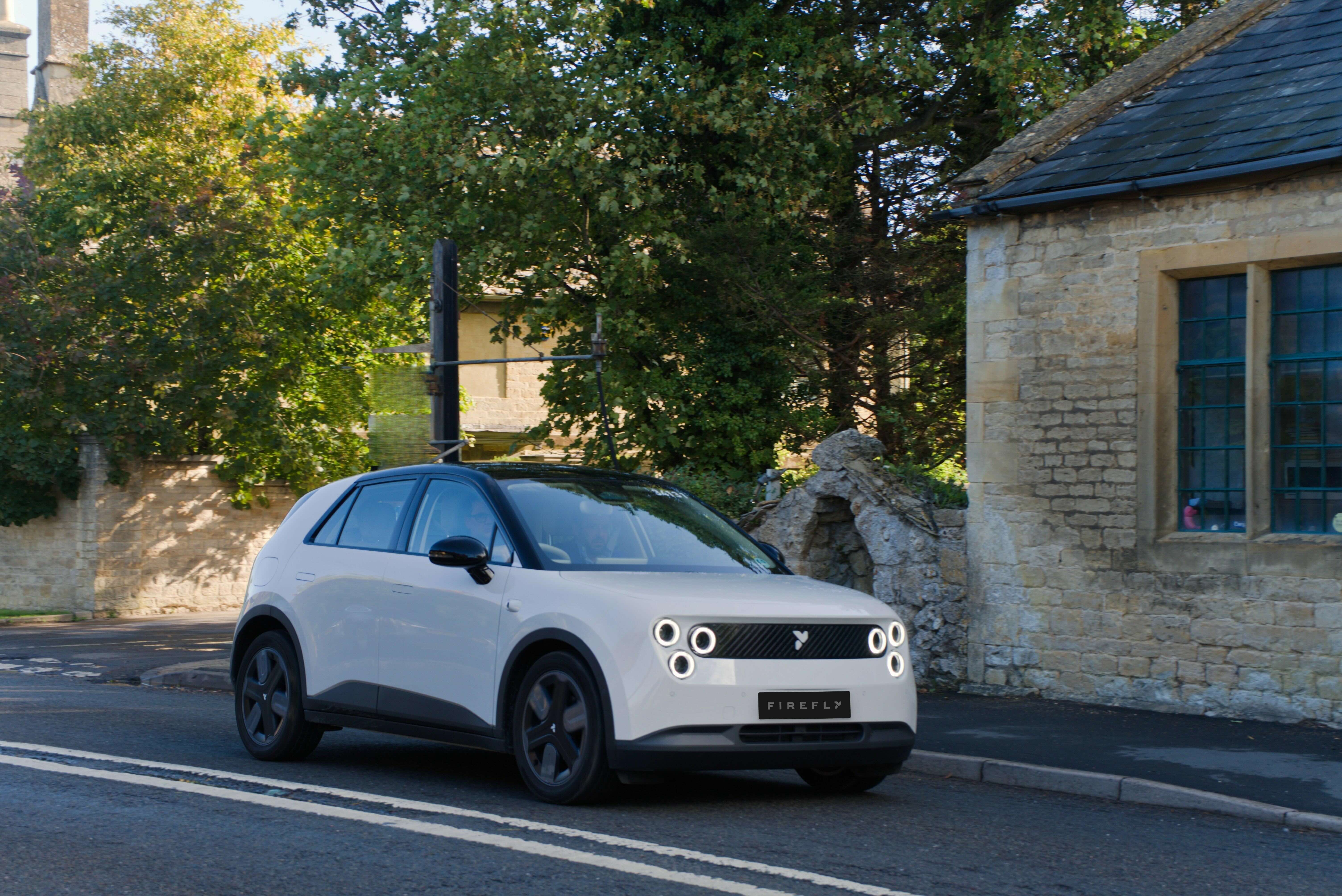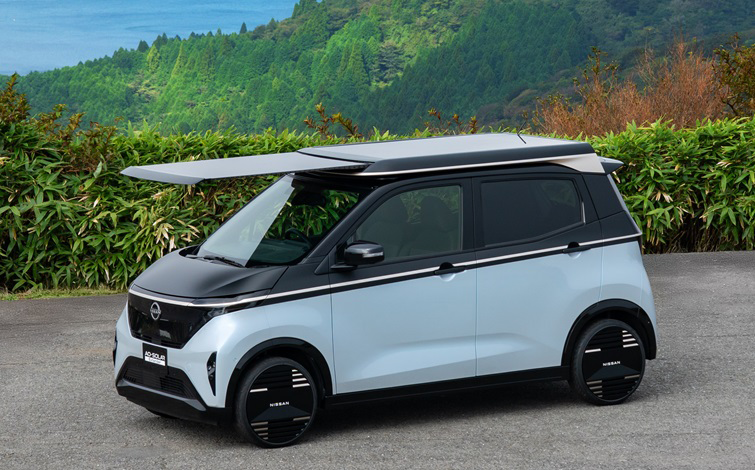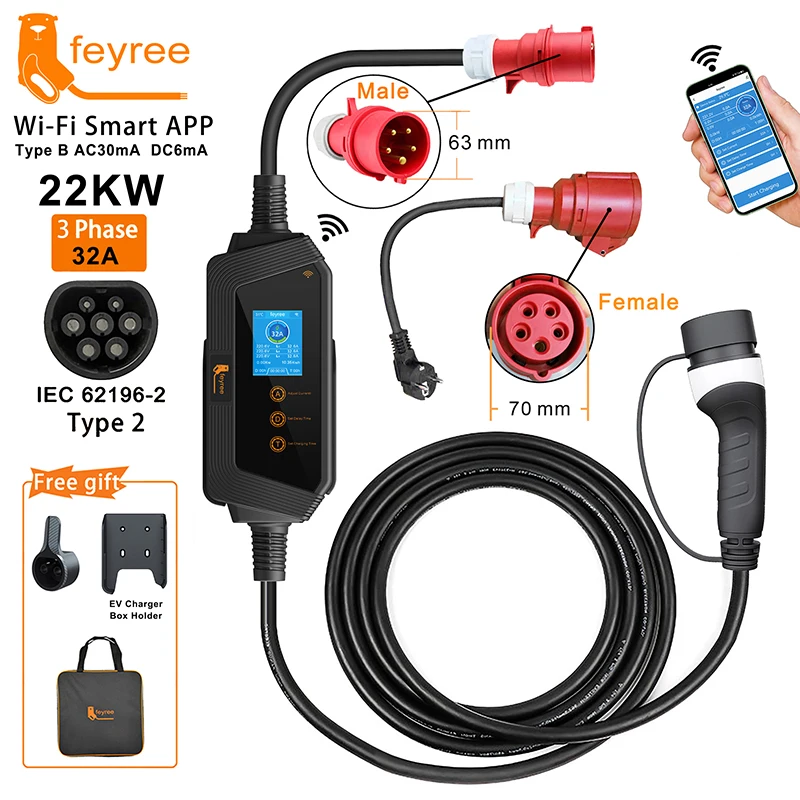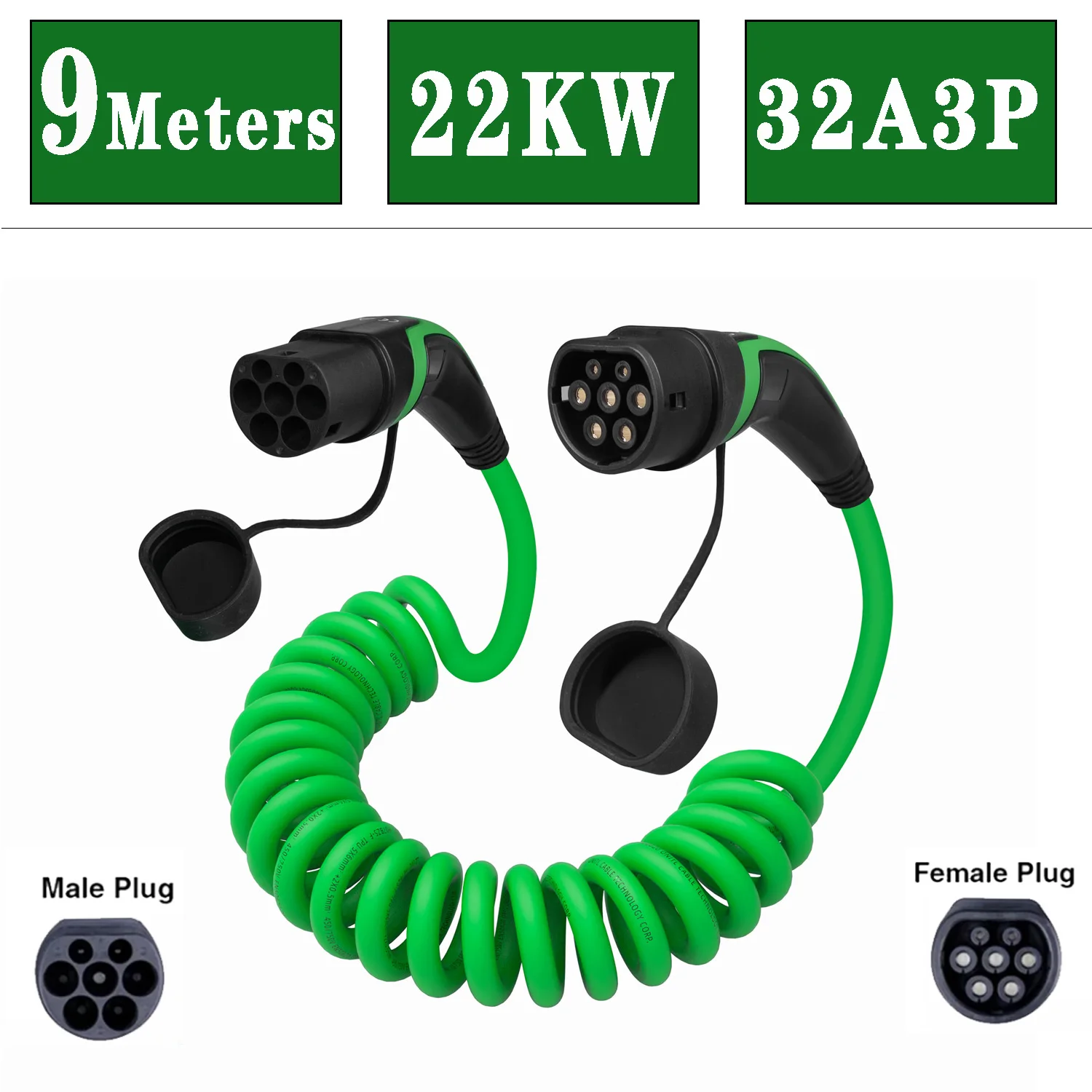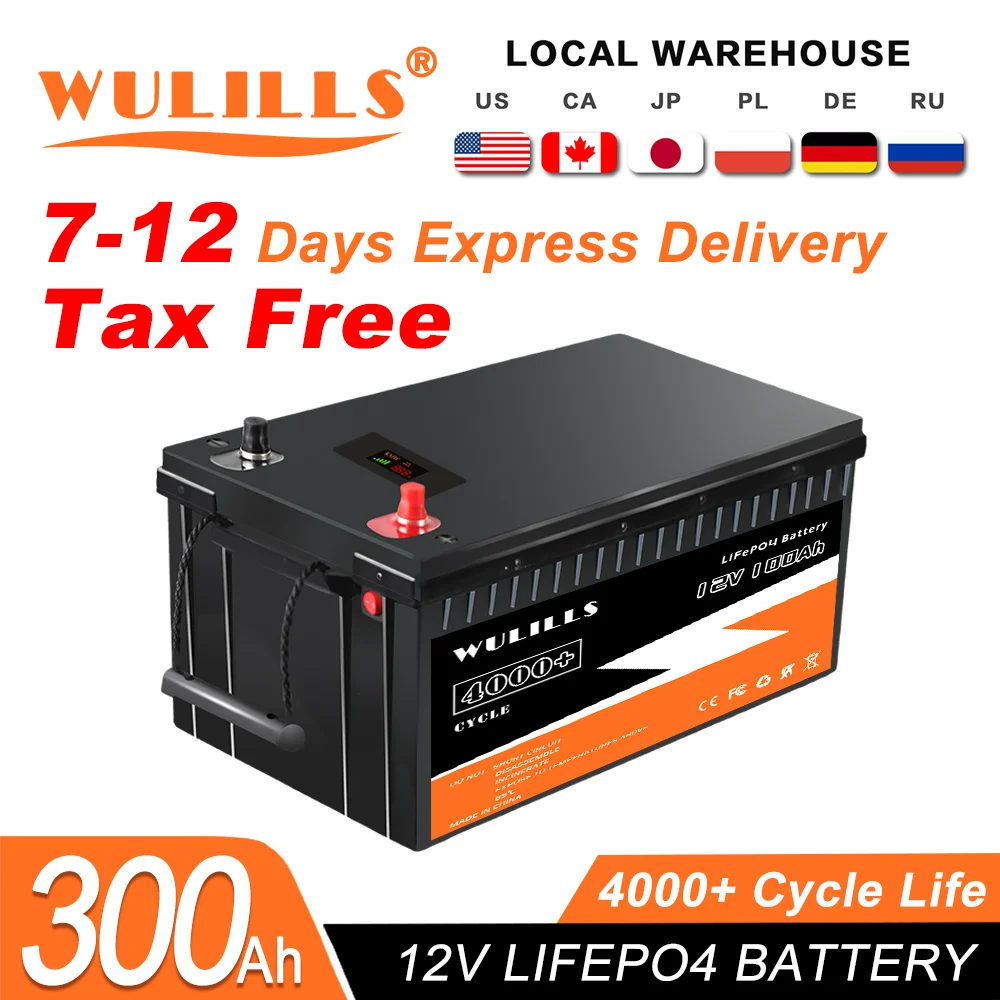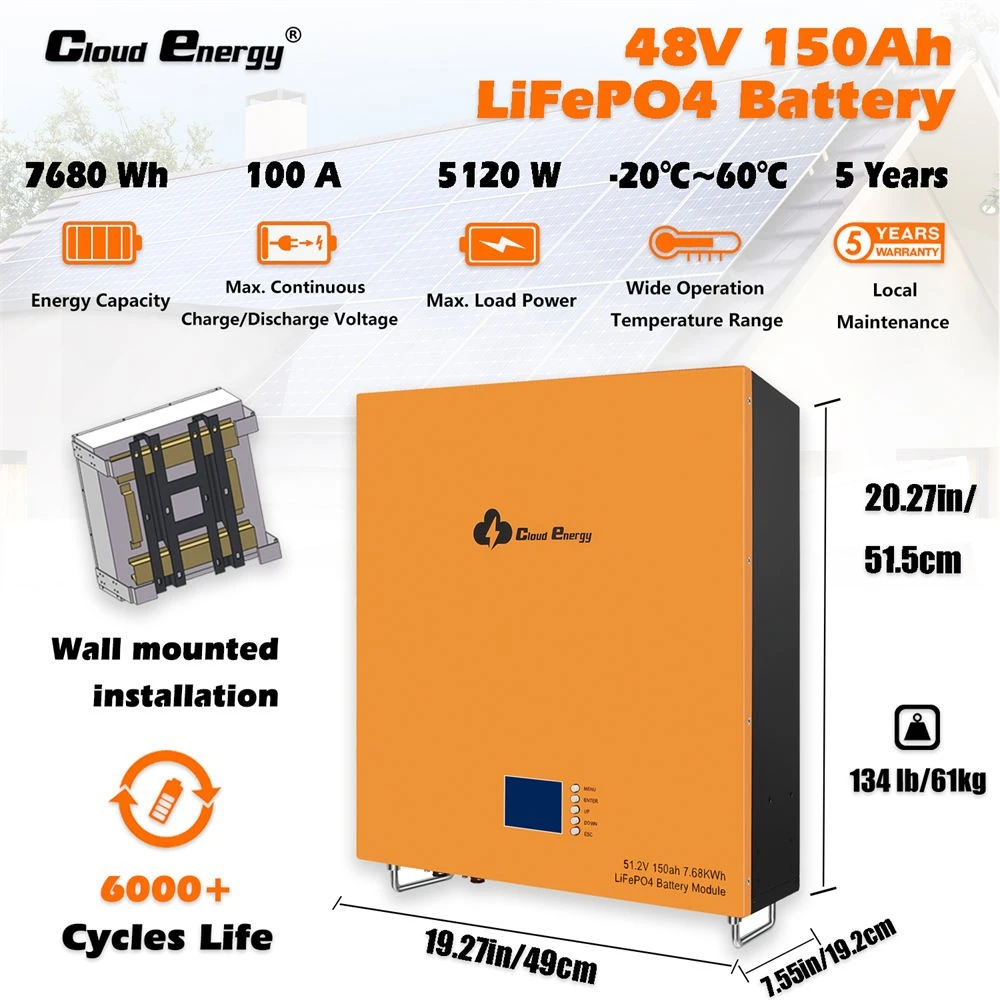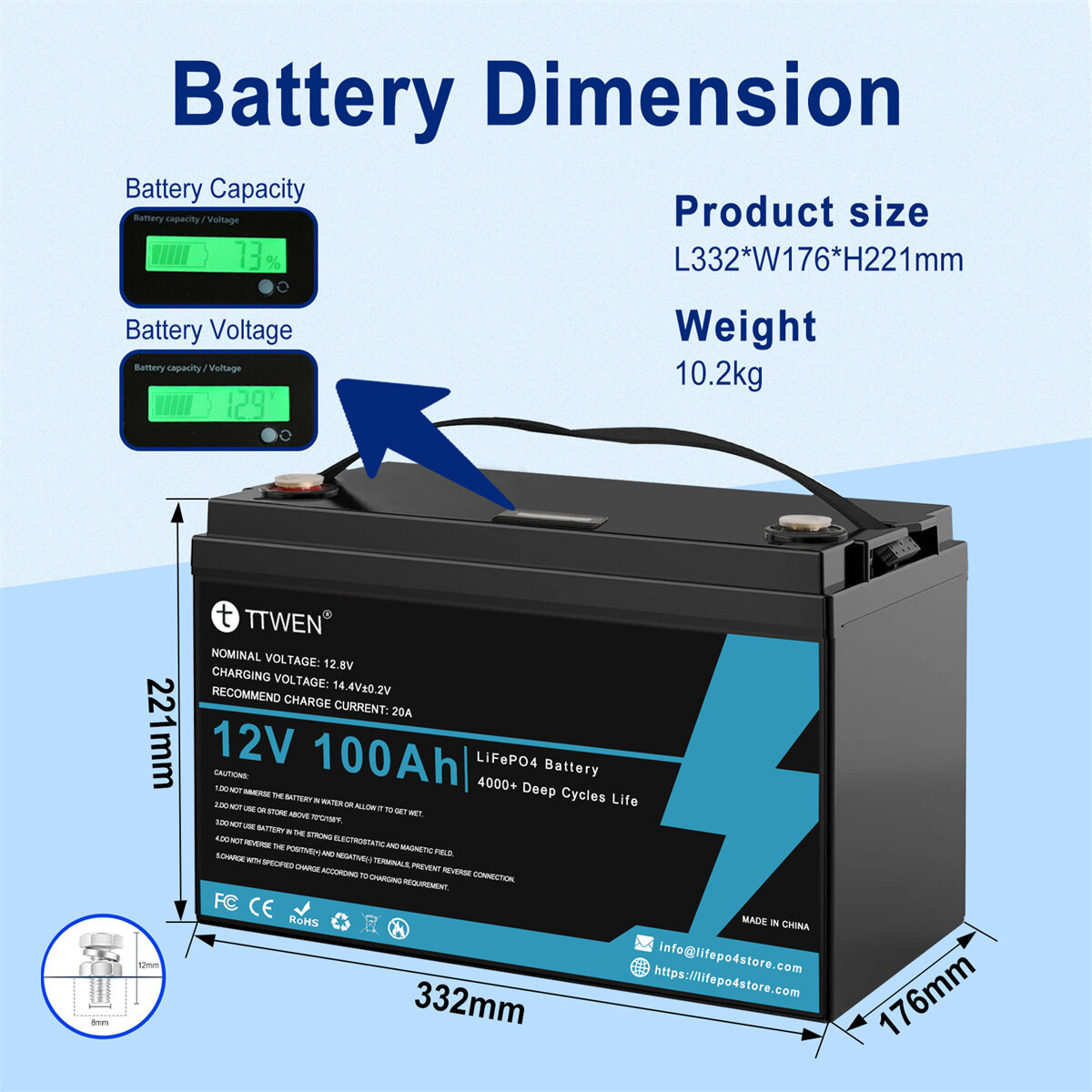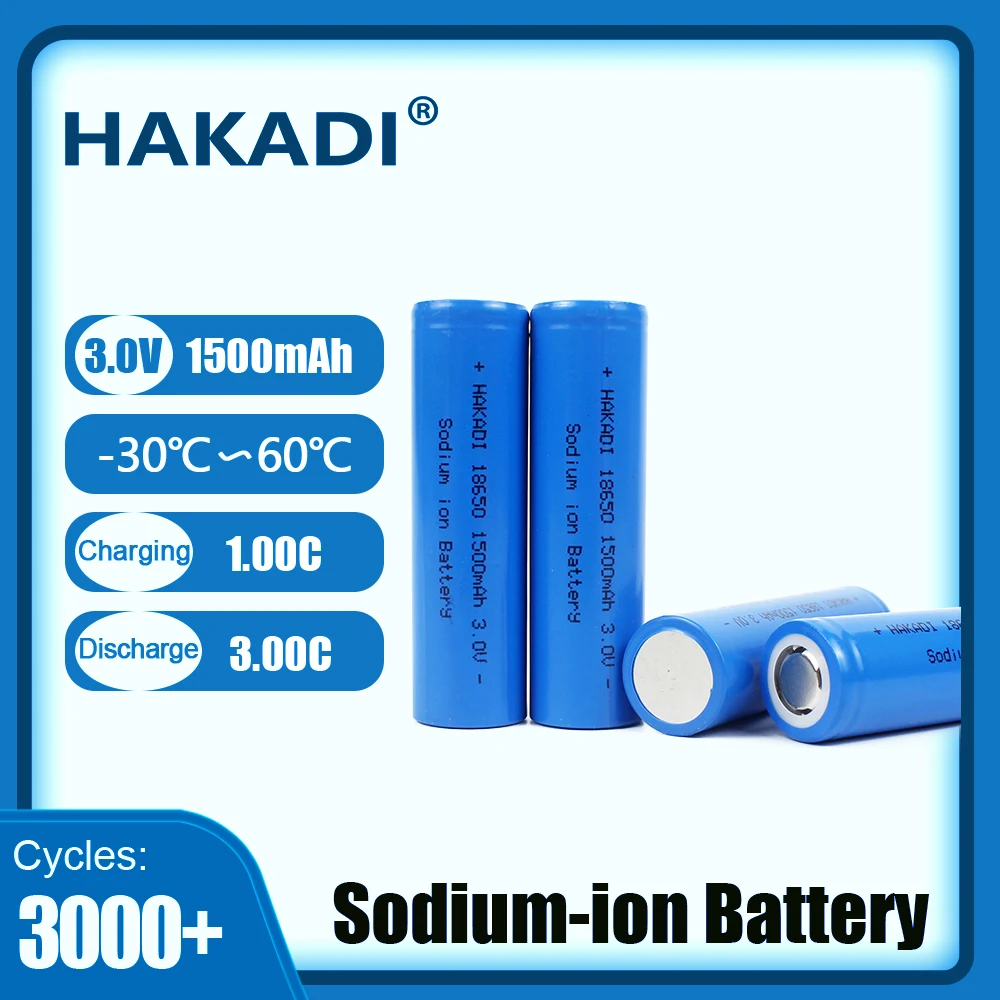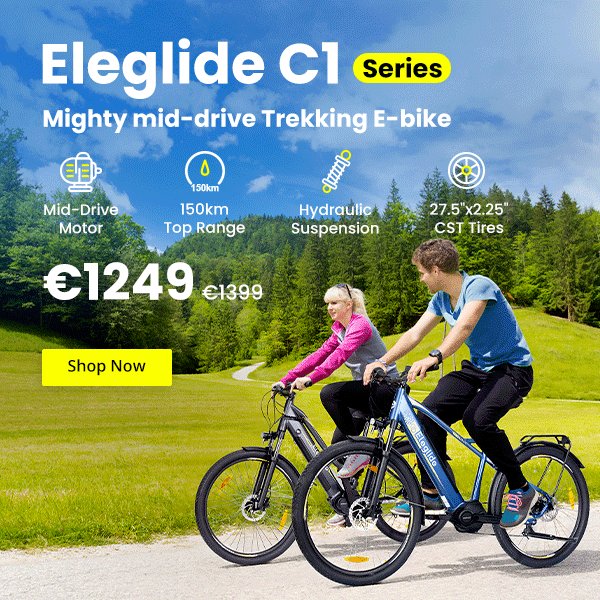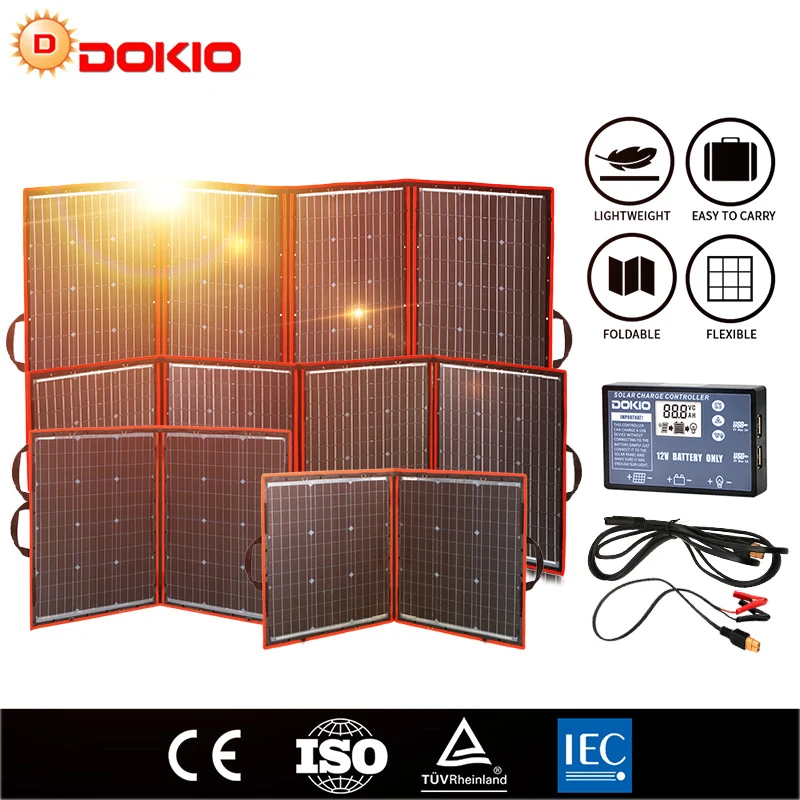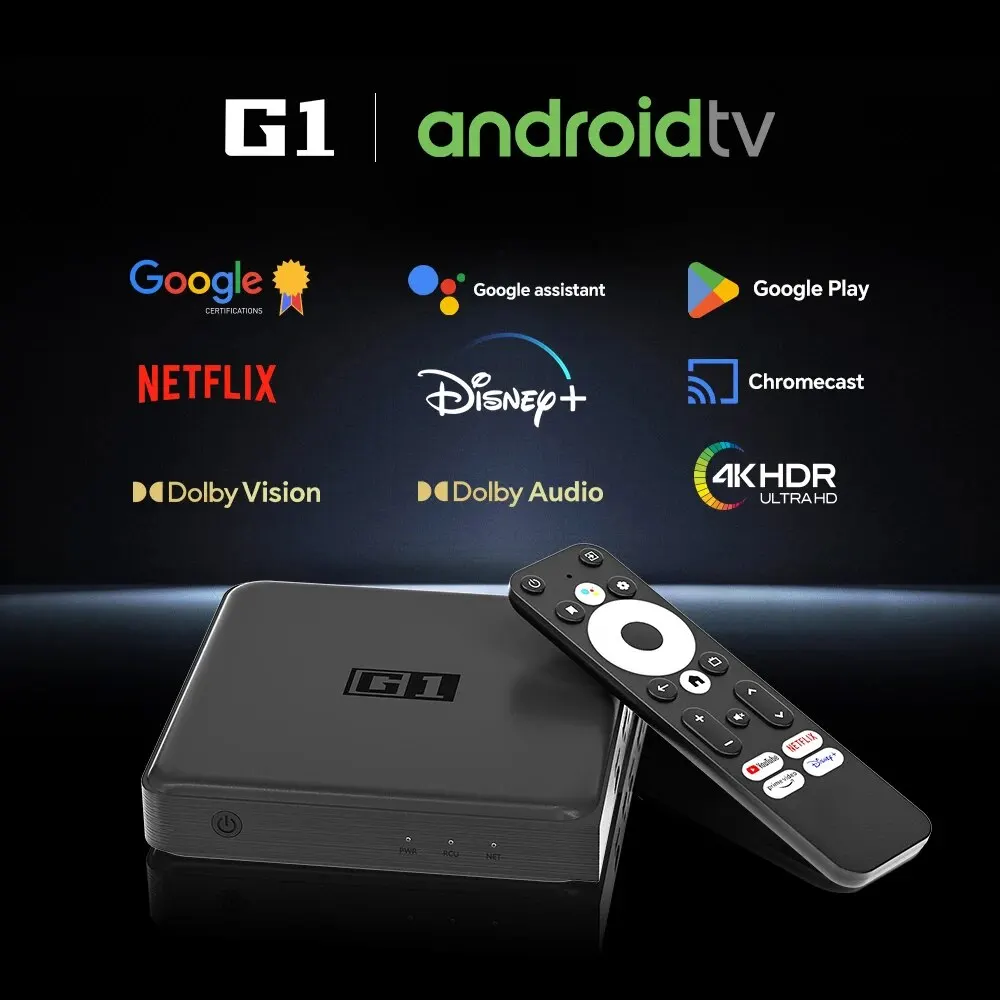Gotion High-Tech, also known as Guoxuan, announced at the China EV100 Forum that the mass-production of its energy-dense LFP (LiPePO4) battery cells will finally start by the end of the year. Hopefully, this time is for real…
Let’s look at the initial plans and see what comes next.
Guoxuan’s LFP battery cell evolution
- 2009: 95 Wh/kg
- 2015: 140 Wh/kg
- 2019: 190 Wh/kg
- 2020: 212 Wh/kg (191 Wh/kg at pack level with JTM)
- 2021: 230 Wh/kg (207 Wh/kg at pack level with JTM)
- 2022: 260 Wh/kg (234 Wh/kg at pack level with JTM)
Curiously, unlike its main competitors, CATL, BYD or SVOLT, Guoxuan will produce its energy-dense LFP battery cells in pouch format, instead of prismatic. Therefore, Guoxuan’s battery packs will use modules and the JTM (Jelly roll-to-module) technology to achieve an impressive GCTP (gravimetric cell-to-pack) ratio of 90 %, which is about the same we have in modern module-less packs with the CTP (cell-to-pack) technology.
Even more curious, is that Guoxuan said in early 2021 that with JTM tech, its LFP batteries will have similar cost to lead-acid batteries… 👀
JTM cost is close to lead-acid battery, its integration tech enables us to use 1 production line for all products and have 1 product to suit all platforms.
Anyway, SVOLT expects to also reach the 230 Wh/kg figure with LFP battery cells by late 2023.
However, BYD and CATL have to be more careful with this kind of announcements, otherwise they could undermine their current huge battery production, by making it look soon-to-be obsolete technology. As we know, market leaders only announce new products when their launch is imminent, so don’t count them out yet.
Surpassing 200 Wh/kg at the pack level with a cobalt-free chemistry that is also safe, reliable, durable and cheap seems to be just months away. Exciting times!
More info:

